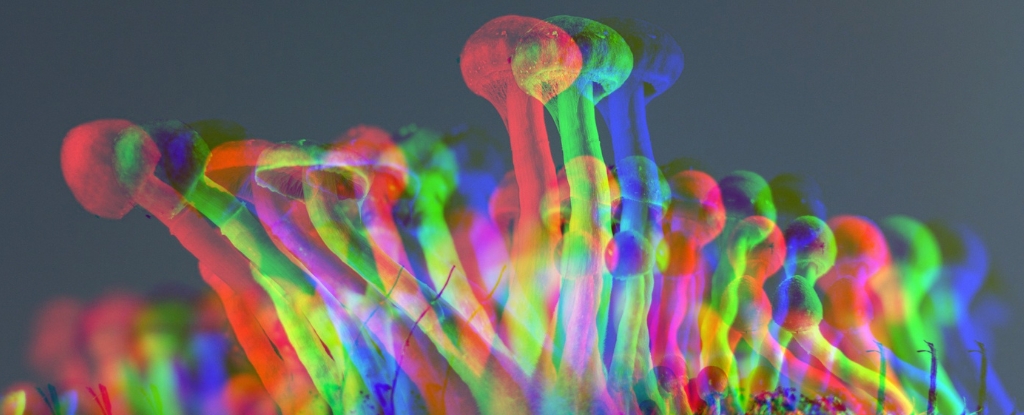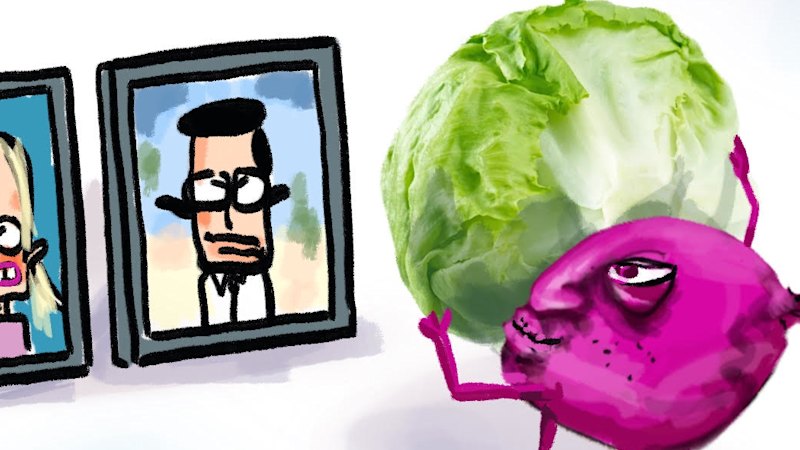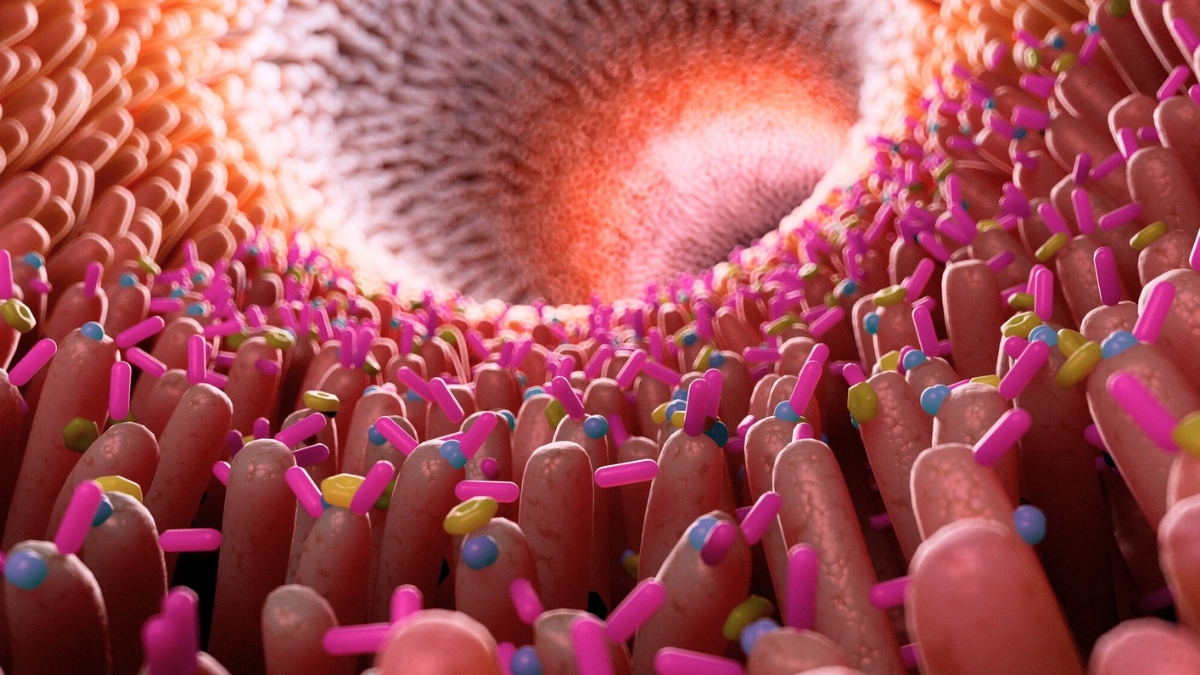
Recent research from scientists at Emory University and Baylor College of Medicine has unveiled promising findings regarding the compound psilocybin. The study suggests that this psychedelic substance may not only have mental health benefits but could also extend the lifespan of human cells by over 50 percent. Published in the journal npj Aging, the research marks a significant step in understanding the potential role of psilocybin in combating biological aging.
The study involved experiments on both human cell cultures and live mice. Researchers discovered that adult human skin and fetal lung fibroblasts treated with psilocybin’s active form, psilocin, exhibited substantial increases in lifespan. Specifically, lung cells that received a concentration of 100 micromoles of psilocin took 57 percent longer to reach senescence, a state where cells cease to divide. Similarly, treated skin cells showed a lifespan extension of 51 percent.
In animal trials, female mice aged 19 months, roughly equivalent to 60 to 65 years in human terms, were administered monthly psilocybin doses. After a 10-month treatment period, 80 percent of the treated mice remained alive, compared to only 50 percent in the control group. Observations also indicated that the treated mice exhibited fewer signs of aging, such as improved fur quality and a reduction in white hairs.
Potential Implications for Health and Aging
Dr. Ali John Zarrabi, a palliative care physician at Emory, emphasized the implications of these findings, stating, “This study provides strong preclinical evidence that psilocybin may contribute to healthier aging—not just a longer lifespan, but a better quality of life in later years.” The research suggests a significant potential for psilocybin treatment in older adults, although the authors acknowledged the need for further studies to refine treatment protocols.
The researchers highlighted the importance of optimizing various factors such as the timing, frequency, and dosage of psilocybin administration to maximize its therapeutic potential. They noted that while the current findings are promising, additional research is essential to fully understand the compound’s effects on aging and longevity.
This study opens new avenues for research into the biological effects of psilocybin, transitioning the conversation from its traditional use in mental health treatment to exploring its potential role in extending healthspan and lifespan. As interest in psychedelics continues to grow within the scientific community, findings like these could pave the way for innovative therapies aimed at enhancing the quality of life for aging populations.






